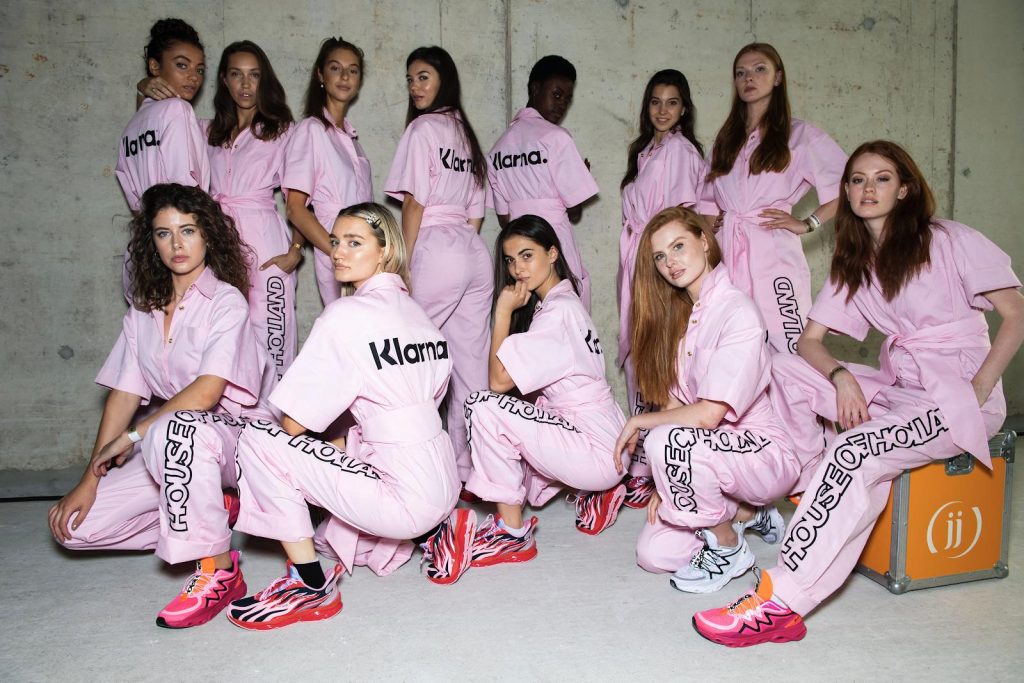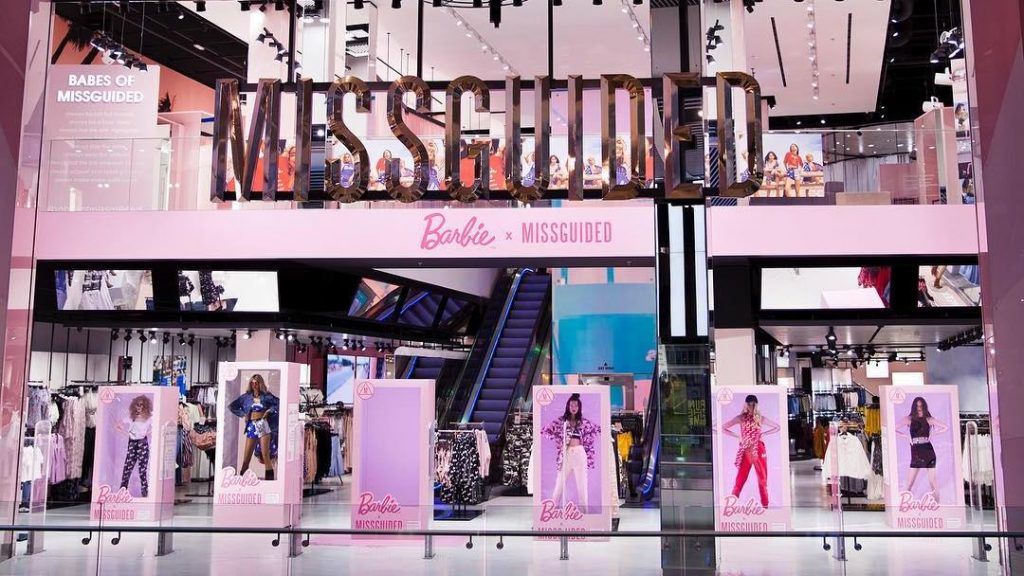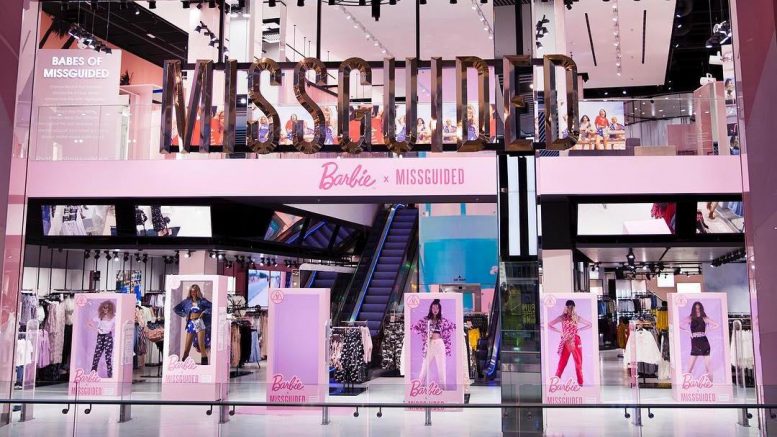‘Buy now, pay later’ platform Klarna is the latest trend to take hold of the fast fashion industry, securing top UK clients such as MissGuided, Asos and Topshop. But what does this scheme mean for millennial and Gen Z consumers, many of whom are already in debt?
The Fintech tool gives customers the option to pay for their purchase at a later date. Customers can choose to use Klarna at the online checkout, opting to pay up to 30 days after their purchase or in smaller instalments where charges may apply.
General manager at Klarna UK, Luke Griffiths, told Business Cloud, “We know that customers love the flexibility and convenience that comes with alternative payments, and by delivering the best possible experience to shoppers, we’ve been able to partner with some remarkable brands and retailers in the UK.”

As a growing company the platform has more than 50,000 new customers each week choosing ‘Pay later’ at retailer checkouts, and has surpassed 3 million active UK users in the past 12 months.
Rapper Snoop Dogg is an investor in the company and featured in an ad campaign for the platform.

Despite Klarna’s newfound success fears have arisen over the ‘buy now, pay later’ platform, particularly when looking at fast fashion brands which have a large youth following.
“(These services) trap young people in an unsatisfying cycle of over-consumption and borrowing,” says youth finances expert and founder of the Young Money Agency, Iona Bain.
Bain stresses that young people shouldn’t be buying clothes so much that they need to borrow money in the process and urges young people to question what impact their fast fashion habit is having on them.
“It’s entirely down to individuals to see through all this and develop a healthy relationship with fashion so they don’t have to use these complicated and potentially harmful debt-based schemes.”

Missguided/Instagram
Financial expert and founder of MoneyMagpie, Jasmine Birtles, stresses the lack of financial education in the UK.
“Young people have even more encouragement to spend but less money to do it with,” says Birtles.
She is keen to help educate people on making healthy retail choices. “Firstly I would say the best thing you can do for your future wealth is to get knowledge of your finances, ask yourself what money is coming in and what money has to go out? That on its own can help even before looking on these retailer websites.”
Birtles points to Fair for You, a non-profit online lending company which provides finance to people who do not have access to mainstream credit. They aim to help families safely purchase goods for their home without getting into huge amounts of debt. Birtles argues that, unlike Klarna, Fair for You assists people in buying things they actually need rather than desire, such as fast fashion.

Backed by financial services giant Visa, Klarna’s growth shows no signs of slowing down. They claim to have one million transactions per day and to hold a 10% share in the e-commerce market of Northern Europe.
Klarna may not have interest rates as high as payday loan companies but it’s its venture into fast fashion outlets popular amongst the youth of today that has created a cause for concern.


Be the first to comment on "Is fast fashion banking on you getting into debt?"